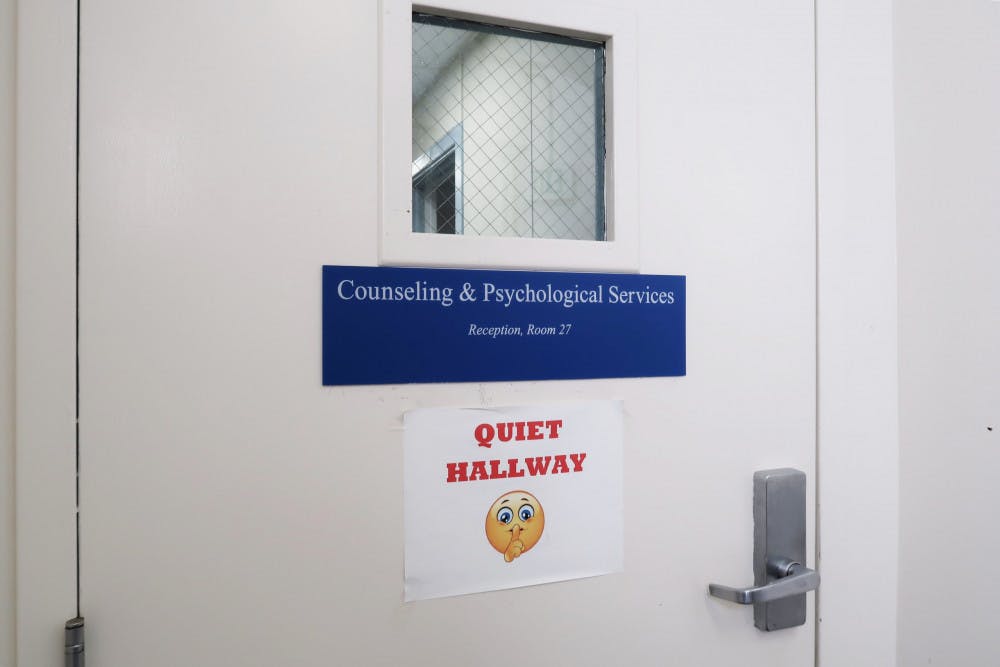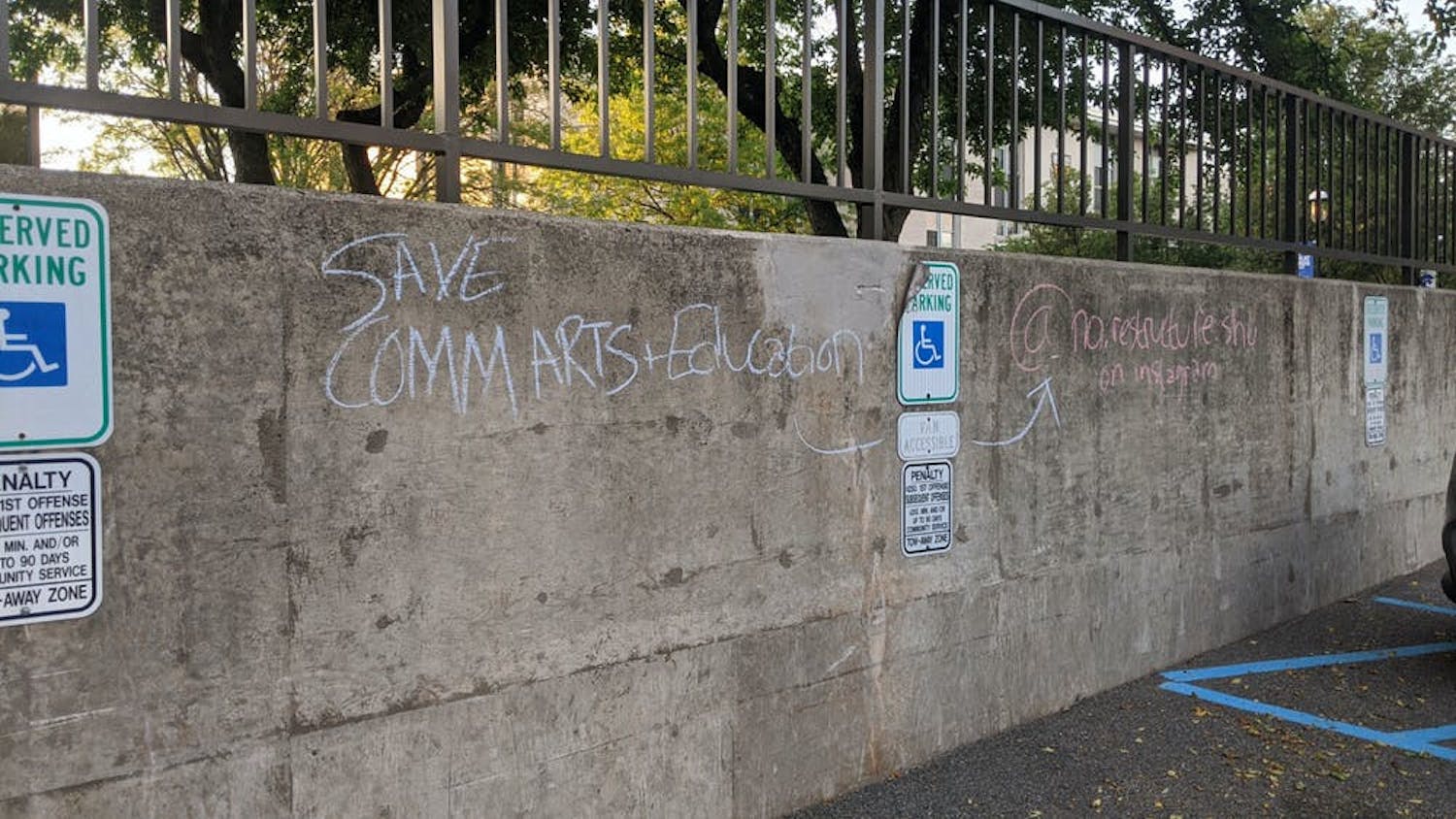Seton Hall students may find it hard to deal with grief while away at school, but those from Counseling and Psychological Services (CAPS) and the psychology department can help.
The Seton Hall community was hit hard with two deaths at the beginning of the semester: freshman Nidhi Rana and sophomore student Kristen McCartney. CAPS said they are here to continue guiding students through the stages of grief.
“Specifically with traumatic events or loss, we reach out personally to impacted parties, and we attend student group meetings or classes that might be impacted or invite us to help process their grief,” Dr. Priti Shah, the associate director of CAPS, said. “We offer psychoeducation regarding grief, while at the same time trying not to pathologize grief. It is normal to feel sad during such tragic events, and we do not want to undermine a natural feeling or process.”
Dr. Dianne Aguero-Trotter, the director of CAPS, said one way they are making their presence known on campus during this time is through the University-wide Great Minds Dare to Care initiative. The initiative is supported by $250,000 from the New Jersey Division of Mental Health and Addiction Services.
“The Division of Student Services has worked with many student peers and organizations throughout the campus to make a difference in how we all approach mental health and mental health awareness,” Aguero-Trotter said.
Associate Professor of Psychology Paige Fisher said that grief affects everyone differently.
“People commonly find it difficult to motivate or concentrate, to experience emotions such as sadness, anger, guilt, and helplessness, and to have physical reactions such as headaches, and changes in appetite and sleep,” Fisher said. “This same individuality is important to keep in mind when it comes to ways to cope with loss. For some people, sharing their feelings with others who are grieving is helpful, while others can find that overwhelming. Exploring different coping methods can help us figure out what brings comfort.”
Shah added that information on CAPS is constantly being spread by the University through email blasts from the Dean of Students, weekly student emails, Diversity, Equity, and Inclusion emails, and through the @hallstudents Instagram.
For those that are nervous to schedule an appointment for any reason, Shah said she encourages them to learn more about CAPS through their website to make them feel more comfortable with doing so.
Shah also provided a video on grief and emphasized the self-help section on the CAPS website for students that are hesitant to make an appointment.
Shah added that there are several apps that students can download to help them take care of themselves or join a peer community. The apps include Togetherall, Nod, and Dare to Care 7 Ways to Dare to Care for your Mental Health.
Aguero-Trotter said that no matter how students deal with their problems, it is most important for them to take care of themselves and their peers during this time.
“Everyone deals with grief and loss differently,” Aguero-Trotter said. “Spend time with those you care about; ask for support from those who care about you and will listen and consider peers’ assessment of your well-being. You can take positive actions at this time and don’t forget to take good care of yourself.”
Brooke McCormick can be reached at brooke.mccormick@student.shu.edu. Daniel O’Connor can be reached at daniel.oconnor1@student.shu.edu, and you can find him on Twitter @itsDanOConnor.





